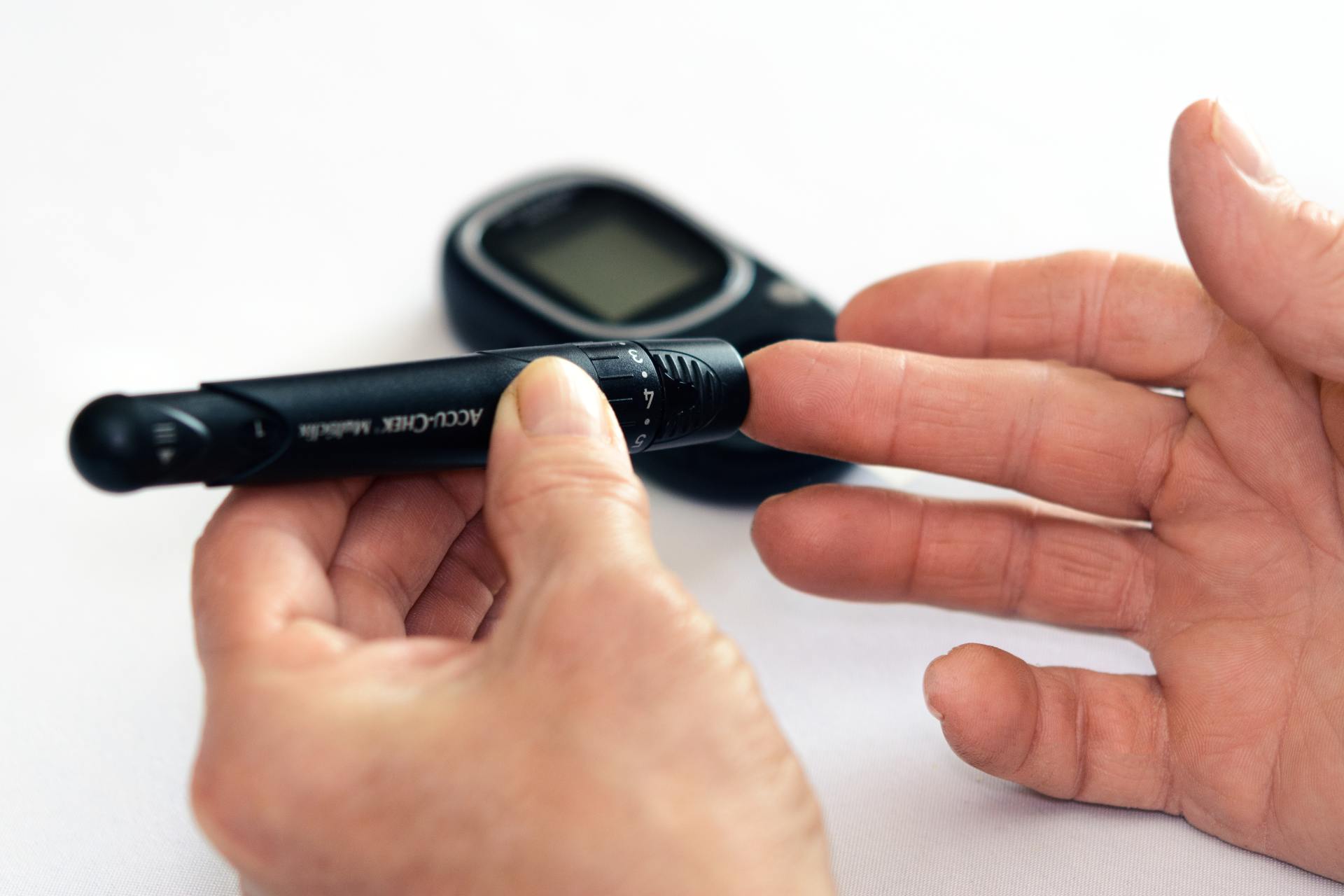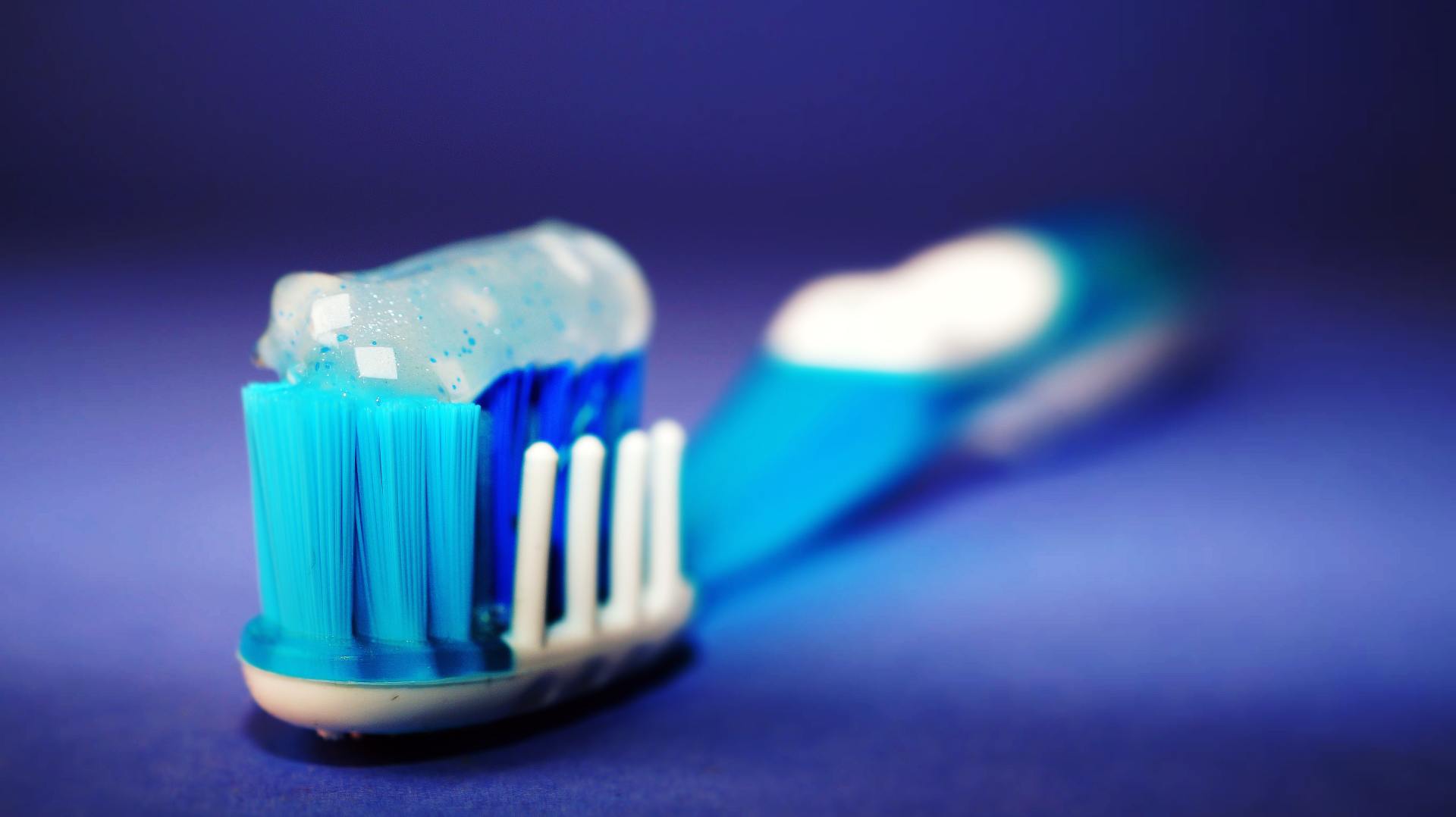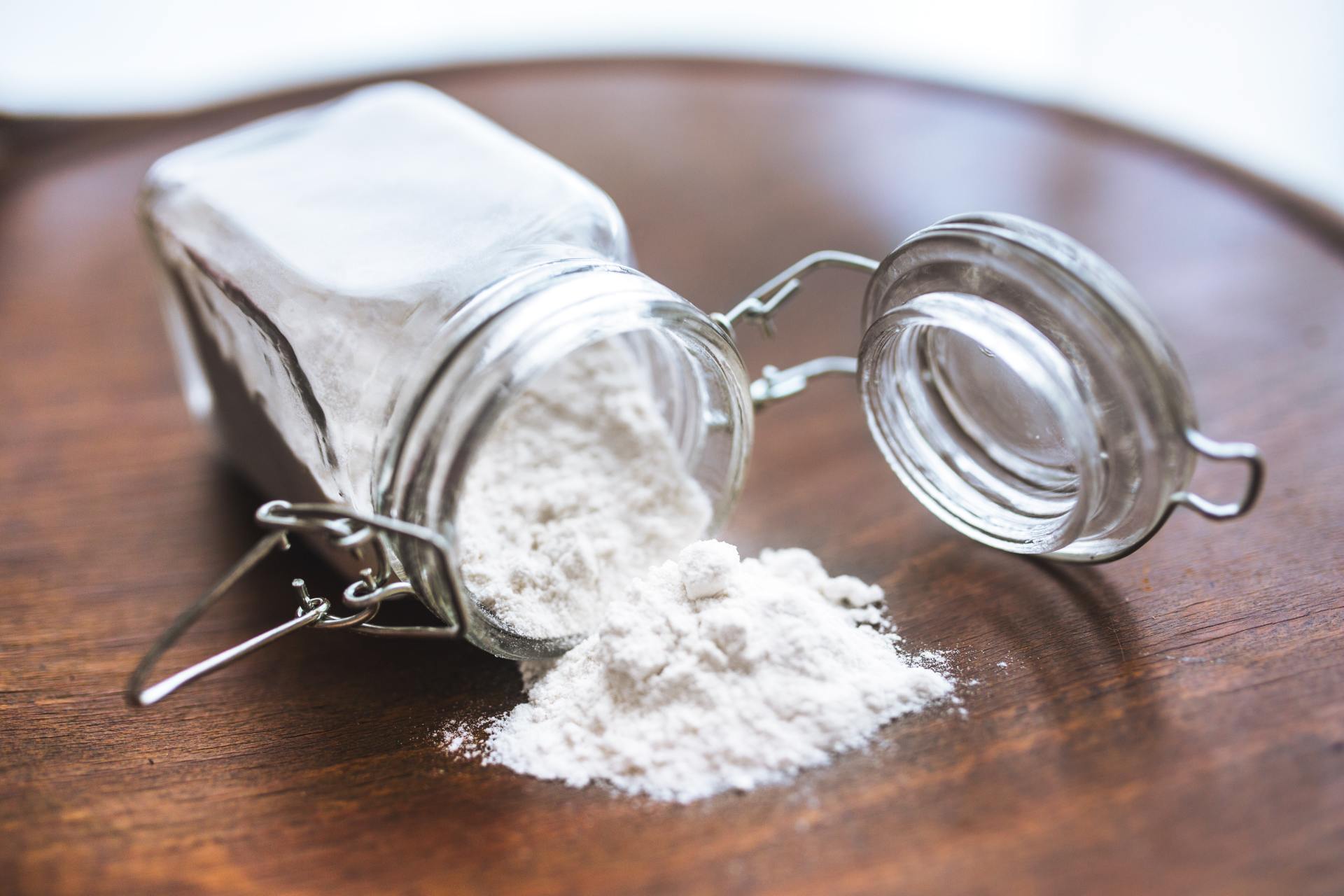The Rhinestone Cowboy
- By Healthy Living Liberty Lake
- •
- 26 Sep, 2017
- •

Last week we had to say goodbye to a country music legend, Glen Campbell. Since the 1960s, he was a fixture on TV and on the stage, belting out favorite such as Rhinestone Cowboy and others. That is, until he was diagnosed with Alzheimer’s disease. This horrible illness sapped his memories. He would become disoriented on stage, forget lyrics, or hit the wrong note for songs he had played thousands of times. Six years after revealing his diagnosis at age 75, he ended up in a care facility, and finally succumbed to the disease.
While we don’t know the details of what he endured, we do know that earlier in his life he struggled with alcohol and drug use. Both are known to contribute to cognitive changes and dementia.
Alzheimer’s is the sixth leading cause of death in the US, and is considered unpreventable and incurable. The first signs are often what we experience as “senior moments.” Walking into a room – why are we there? Difficulty pulling up the right word we want to say. Forgetting names or places. Very common symptoms for anyone over age 50, or for anyone under a lot of stress.
If you are having these symptoms now, don’t panic! Get the test that is the most sensitive at differentiating whether the symptoms are normal aging, or early dementia. Called a QEEG, or quantitative EEG, it’s done in the office and is a measurement of the brainwaves while you take a simple test online. Much like an EKG is measuring the electrical activity of your heart to get an idea of its health, the QEEG is measuring the electrical activity of the brain. The test is done in our office, takes about 45 minutes, and is covered by every major insurance and Medicare.
There are some great supplements to take for brain health as well. These include the B vitamins, acetyl-L-carnitine, ginkgo, Bacopa, Phosphatidylserine, Vinpocetine, omega 3s high in DHA, and Huperzine A. All are excellent at restoring brain health and increasing the speed of brainwaves. We have found a supplement called MemorAll that has most of these ingredients, and then also recommend the DHA.
Any antioxidant is also great for the brain, as is a whole-food diet, avoiding highly processed foods and sugar. Use coconut oil in your cooking, and avoid vegetable oils.
It’s important to not ignore the signs of memory loss, and obtain a thorough evaluation. If you or your loved one has been diagnosed with Alzheimer’s, read the book by Dr. Mary Newport “Alzheimer’s What if there is a Cure.”
By Dr. Susan Ashley, M.D.

By Dr. Susan Ashley, MD

By Dr. Susan Ashley, MD

Opiates taken long term also leads to a reduced pain threshold, meaning a person on them will feel pain at a much earlier level than someone else.
There's a lot of interest now in using cannabis to reduce chronic pain, and studies have shown they can be quite effective for neuropathy, migraines, spasticity and joint pain.
However, it doesn't always work, and now a new study shows why.
Then at the end of the 4 years, the people who used cannabis for pain had greater pain severity scores They also found that the meds and other remedies taken for pain were less likely to be effective. In addition, they had greater generalized anxiety disorder severity scores. The bottom line-- the cannabis users were not able to decrease the use of narcotics. Why?
Because of the well known fact that chronic narcotic use decreases pain threshold. In fact in some people the threshold becomes so low that even minor pains can seem intolerable. In essence, the narcotics cancel the pain relieving effects of the cannabis.
Chronic opiates should be avoided as much as possible in chronic pain. Tolerance develops quickly, addiction can occur, and pain threshold is lowered. If you have chronic pain, use other modalities first to try to alleviate the pain. This includes cannabis, acupuncture, anti-inflammatory drugs, weight loss, energy medicine, and stem cells. We have used IV stem cells for reduction of neuropathy pain with good effects.
By Dr. Susan Ashley, MD

Not only that, but those who walked at a fast pace reduced their risk of death even further, by 24 percent.
All it took was putting one foot in front of the other a little more quickly!
And when the researchers zeroed in on cardiovascular disease deaths among participants over age 60, the results were even more striking.
Compared to the slowest walkers, average-paced walkers slashed their risk of dying from cardiovascular disease by 46 percent -- and the fast-paced walkers slashed it by a whopping 53 percent.
Now, the study didn't determine exactly how walking at a faster pace can add years to your life. And how fast do you have to walk just to hit the "average" mark? How brisk is brisk?
In the study, a "fast" pace was defined as one that makes you slightly out of breath or sweaty when sustained. That could vary depending on how much you weigh, how much sleep you got, how much you ate earlier in the day, etc. So there was no exact speed such as 3 mph or 4 mph.
By Dr. Susan Ashley, MD

By Dr. Susan Ashley, MD

Side effects of triclosan include:
- About 1/2 cup coconut oil
- 2-3 Tablespoons of baking soda
- 2 small packets of stevia powder
- 15-20 drops of peppermint or cinnamon essential oil
- 10 drops myrrh extract (optional)
Natural Toothpaste Instructions
- Melt or slightly soften coconut oil.
- Mix in other ingredients and stir well. If using semi-hard coconut oil, use a fork, if not, use a spoon. If you are using completely melted coconut oil, you will need to stir several times while the mixture cools to keep the baking soda incorporated.
- Put mixture into small glass jar (I make different ones for each family member)
- Let cool completely.
- To use: dip toothbrush in and scrape small amount onto bristles. Could also use a small spoon to put on toothbrush.
By Dr. Susan Ashley, MD

By Dr. Susan Ashley, MD

By Dr. Susan Ashley, MD

By Dr. Susan Ashley, MD

By Dr. Susan Ashley, MD
